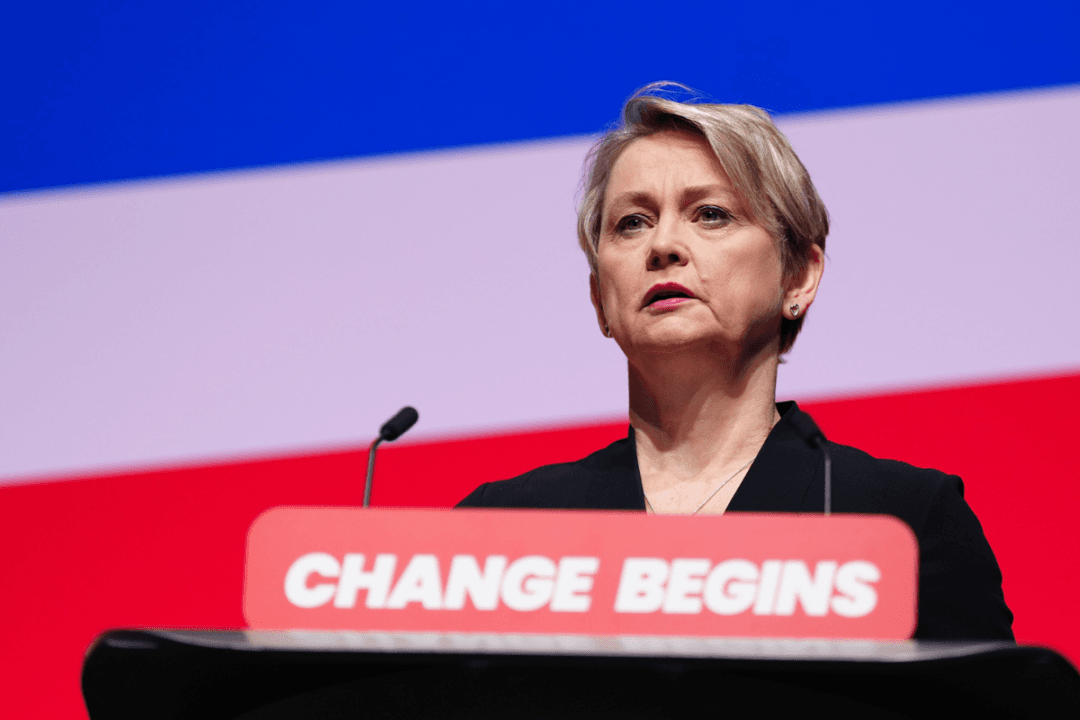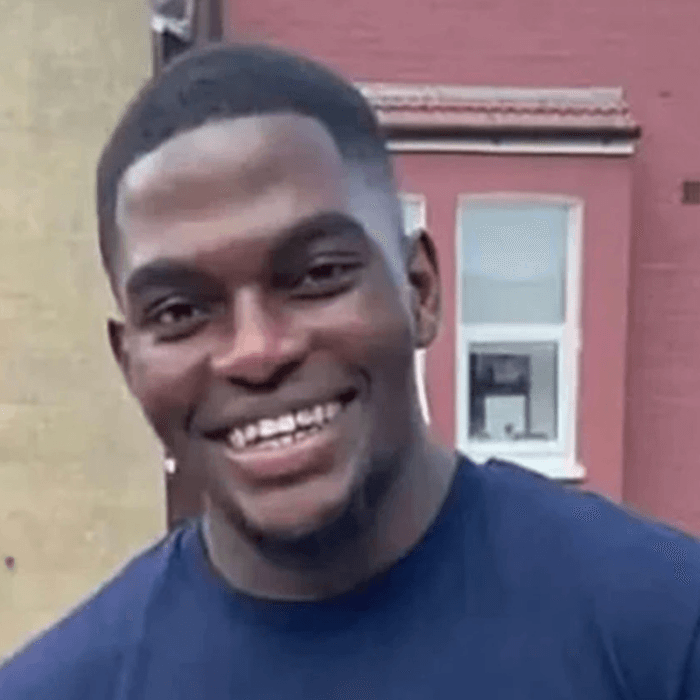Firearms officers on trial for shooting suspects will not be publicly named unless they are convicted, Home Secretary Yvette Cooper has announced.
Cooper said in a statement delivered to the House of Commons on Wednesday that a presumption of anonymity will be brought forward as part of the forthcoming Crime and Policing Bill.
The government recognised that named police officers involved in such cases can become targets for criminals, with the home secretary telling MPs: “When officers act in the most dangerous situations on behalf of the state, it is vital that those officers and their families are not put in further danger during any subsequent legal proceedings.
“So we will therefore introduce a presumption of anonymity for firearms officers subject to criminal trial following a police shooting in the course of their professional duties, up to the point of conviction.”
Accountability Review
Cooper also unveiled several other reforms which had been proposed by the police accountability review begun under the previous Conservative government.These include aligning the threshold for the Independent Office of Police Conduct (IOPC) referrals to the Crown Prosecution Service (CPS) to that used by the police when referring cases involving members of public.
“Currently, that threshold is lower for police officers, and that is not justified,” Cooper said.
A second change to speed up processes will allow the IOPC to send cases to the CPS where there is sufficient evidence, instead of waiting for a final investigation report.
Another recommendation the Home Office supports is giving bereaved families the right to appeal when the IOPC decides not to seek charges against an officer.
Confidence in the System
The attorney general has also asked the Director of Public Prosecutions to review CPS guidance related to charges against officers for offences committed in the line of duty.The government says consistent and high standards for vetting officers will need to be applied across forces, to ensure personnel unfit to serve are swiftly removed.
Cooper said in the House of Commons that the review had found that the current system of holding officers to account “is not commanding the confidence of either the public or the police.”
She said: “The public must be able to expect that where officers exceed the lawful use of their powers or fail to meet proper standards, there will be rapid and robust processes in place to hold them to account.
‘Core’ Gang Member
Former Home Secretary Suella Braverman launched the original review in September 2023, after Blake was charged with Kaba’s murder and officers began turning in their firearms tickets in protest.Cooper said in the Commons that it was “imperative that the jury’s verdict is respected and that Sergeant Blake and his family are given the time and space that they will need to recover from what will have been an immensely difficult experience for them during both the investigation and the trial.”
On Monday, a jury took just three hours to return a not guilty verdict against Blake, who shot 24-year-old Kaba through the windscreen of an Audi Q8 in London on Sept. 5, 2022.
Jurors had accepted Blake’s defence that he believed his colleagues would have been killed by Kaba, who was attempting to ram his way past police cars during an enforced stop and extraction.







